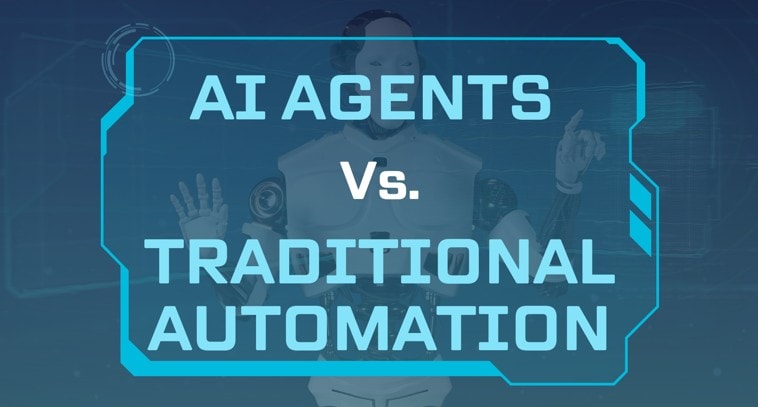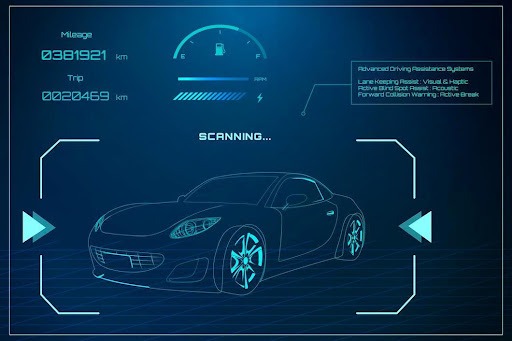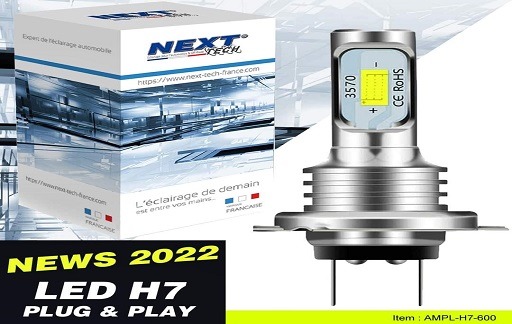In today’s world, where environmental concerns are at the forefront of many decisions, even the choice between buying a used or new car can have a significant impact on the planet. As consumers become increasingly conscious of their ecological footprint, it’s essential to consider the environmental implications of both options. This article will explore the environmental impact of purchasing used cars versus new cars, shedding light on which choice might be more eco-friendly.

Used Cars: A Second Life for Automobiles
Reduced Manufacturing Impact: One of the most compelling arguments for buying a used car is the reduced impact on manufacturing. Manufacturing new vehicles involves raw material extraction, energy-intensive production processes, and transportation of parts and finished vehicles. Opting for a used car helps reduce the demand for new vehicle production, lowering the associated environmental costs.
Extended Vehicle Lifespan: When you buy a used car, you give it a second chance at life. Extending the lifespan of vehicles by keeping them on the road for longer helps reduce waste and the energy needed to manufacture new cars. Proper maintenance and care for used cars can make them more eco-friendly than constantly purchasing new ones.
Reduced Carbon Footprint: Older cars, especially those built several years ago, may have lower emissions than their modern counterparts. While they may not have the latest fuel efficiency technology, they might still be more environmentally friendly regarding carbon emissions over their entire lifespan.
Less Depreciation-Induced Waste: New cars depreciate rapidly in their early years, losing a significant portion of their value. This process often leads to the disposal of relatively new vehicles. By buying used cars, you’re helping to reduce the waste generated by short-term car ownership.
New Cars: The Promise of Efficiency and Innovation
Fuel Efficiency: New cars often come equipped with the latest technology, resulting in better fuel efficiency and reduced emissions. They adhere to stricter environmental standards, emitting fewer pollutants into the atmosphere. Opting for a highly efficient new car can be an eco-conscious choice.
Advanced Safety Features: While not directly related to environmental impact, new cars usually offer improved safety features. This means fewer accidents and, subsequently, less waste generated by repairing or scrapping vehicles damaged in accidents.
Innovations in Sustainability: Some automakers prioritize sustainability by using recycled or renewable materials, minimizing water use in production, and reducing waste in their manufacturing processes. These innovations are often found in newer vehicles.
Electric and Hybrid Vehicles: New cars offer the opportunity to embrace electric or hybrid technology, reducing or eliminating greenhouse gas emissions and reliance on fossil fuels.
Considerations for a Greener Choice
Vehicle Choice: The environmental impact of your choice greatly depends on the specific vehicles you’re comparing. While a fuel-efficient new car may be better for the environment than an older gas-guzzler, choosing a used, well-maintained, and fuel-efficient vehicle can be a greener choice.
Driving Habits: How you drive and maintain your vehicle also plays a significant role in its overall environmental impact. Proper maintenance, regular servicing, and eco-friendly driving habits can make any car more environmentally friendly.
Usage Intensity: How frequently you drive and how many miles you put on your vehicle can affect its lifetime environmental impact. A well-maintained, used car driven sparingly might have a lower lifetime ecological footprint than a new car driven extensively.
The Verdict
Buying a used or new car is not a one-size-fits-all scenario. To minimize the environmental impact of your choice, consider the specific factors outlined above and weigh them according to your unique circumstances.
Ultimately, both used, and new cars have their environmental pros and cons. Used cars extend the life of existing vehicles, reduce manufacturing impacts, and have lower emissions. New cars offer innovations in sustainability, improved fuel efficiency, and advanced safety features.
Conclusion:
If your primary concern is reducing your environmental footprint, choose a used vehicle with good fuel efficiency, proper maintenance, and low emissions. However, if you’re interested in the latest green technologies, a new electric or hybrid car could be the right choice.
Whichever option you choose, remember that your driving habits, maintenance practices, and how you dispose of the vehicle at the end of its life will also significantly impact its overall environmental effect.
Would you like to read more about “Environmental Impact of Buying Used” related articles? If so, we invite you to take a look at our other tech topics before you leave!
Use our Internet marketing service to help you rank on the first page of SERP.










